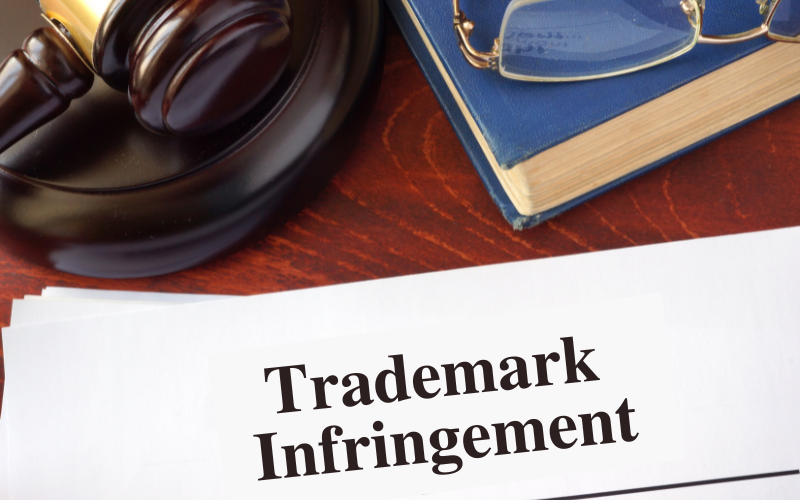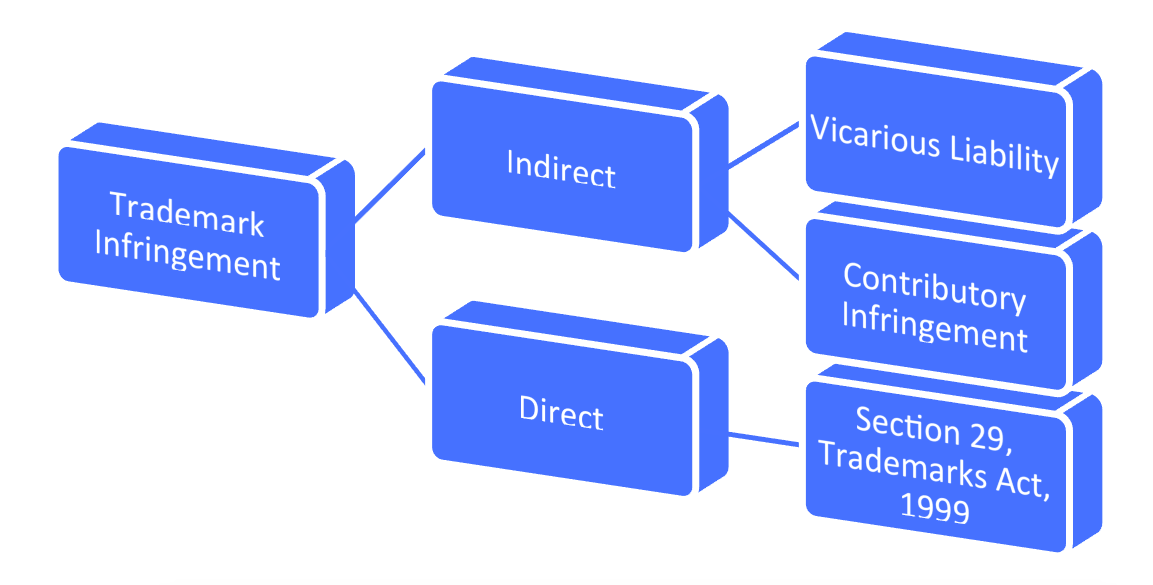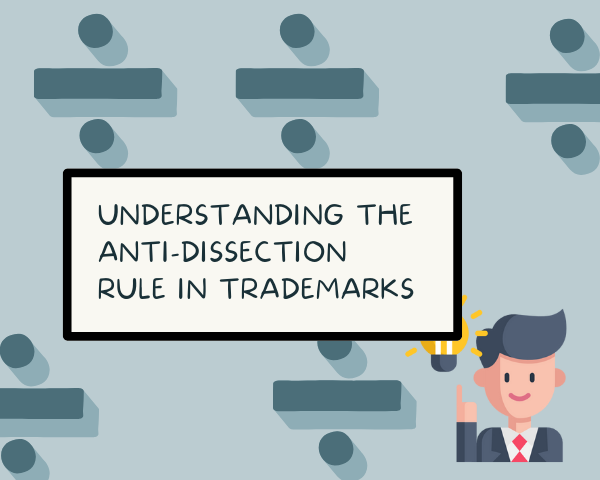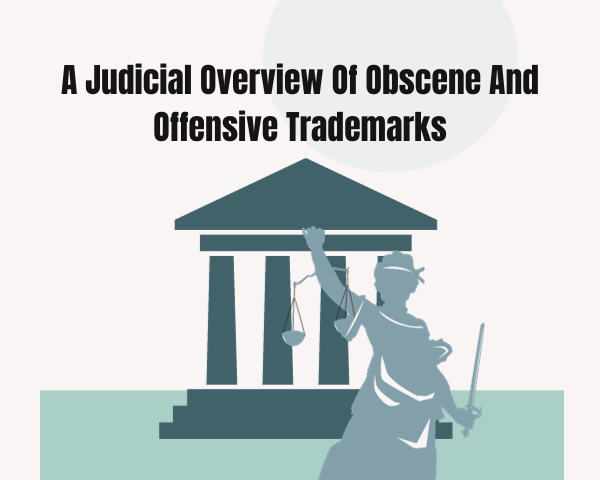Trademark Infringement in India
The primary purpose of a trademark is to help people recognize the source of a particular good or service. The source, in turn, helps people determine the quality. Quality is what consumers usually base their purchase decisions on. This is why a trademark is of extreme importance in the economy. For the consumer, a brand reflects the source and quality of the goods or services.
This is also why it is essential to ensure that your Trademark is not infringed upon. A trademark represents the brand value of the trademark owner. Infringement of a trademark usually causes a loss of finances and goodwill to the owner of the infringed mark. It is always better to be vigilant and prevent potential infringers from riding on the goodwill and reputation that you have established.
What does the Infringement of a trademark mean?
Trademark infringement is defined under Section 29 of the Trademarks Act, 1999. When an unauthorized person uses a trademark that is ‘identical’ or ‘deceptively similar‘ to a registered trademark, it is known as Infringement.
Now, let us take a look at the constituent elements of the Infringement of Trademark in India:
1. Unauthorized person– this means a person who is not the registered Trademark’s owner or licensee.
2.‘Identical’ or ‘Deceptively similar’– the test for determining whether marks are identical or not is by choosing whether there is a chance for a likelihood of confusion among the public. There is an infringement if the consumers are likely to get confused between the two marks.
3. Registered Trademark– You can only infringe on a registered trademark. For an unregistered Trademark, the common law concept of passing off will apply.
4. Goods/ Services– To establish Infringement, even the goods/ services of the infringer must be identical with or similar to the goods that the registered Trademark represents.
Any unauthorized use of the exclusive statutory rights of a registered trademark constitutes Infringement, and it is referred to as direct infringement.
What is the Indirect Infringement of a Trademark?
Indirect Infringement is a common law principle that holds accountable not only the direct infringers but also the people who induce the direct infringers to commit the Infringement. Indirect Infringement, also known as secondary liability, has two categories: contributory Infringement and vicarious liability.
A person will be liable for contributory Infringement in two circumstances:
1. When a person knows of the Infringement
2. When a person materially contributes or induces the direct infringer to commit the Infringement.
A person will be vicariously liable under the following circumstances:
1. When the person can control the actions of the direct infringer.
2. When a person derives a financial benefit from the Infringement.
3. When a person has knowledge of the Infringement and contributes to it.
Vicarious liability usually applies in the case of employer-employee relationships and the like. This finds indirect mention in section 114 of the Trademarks Act. According to this section, if a company commits an offense under Act, everyone responsible for the company will be liable. Except for a person who acted in good faith and without knowledge of the Infringement.
On the whole, indirect Infringement occurs when a person, though not infringing directly, causes another person to infringe on a trademark.
With the growth in the e-commerce industry, liability for indirect Infringement is extremely important as it holds every involved person accountable.
Thus, whether direct or indirect, any form of trademark infringement in India can attract liability. To avoid the Infringement of trademarks, contact our trademark experts to get a consultation before launching your brand or product.
Trademark Infringement in India – At a Glance:
[cherry_button text=”Need help? Connect with experts” url=”https://www.intepat.com/contact-us/” style=”success” centered=”yes” fluid_position=”right” icon_position=”top” bg_color=”#1e73be” min_width=”33″ target=”_blank”]





